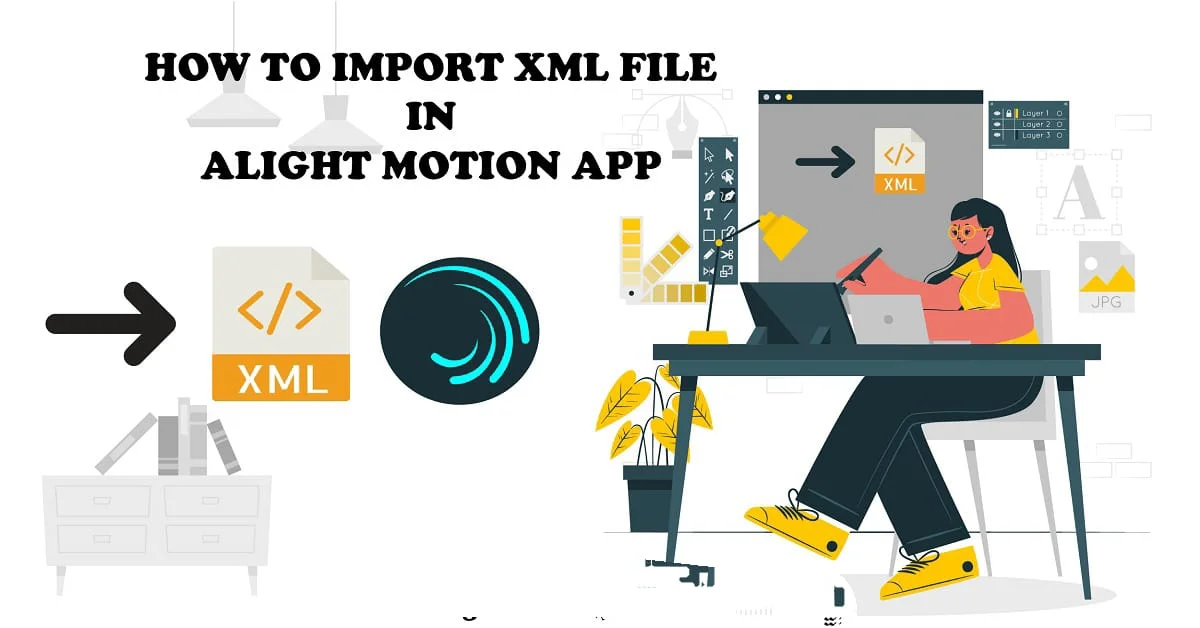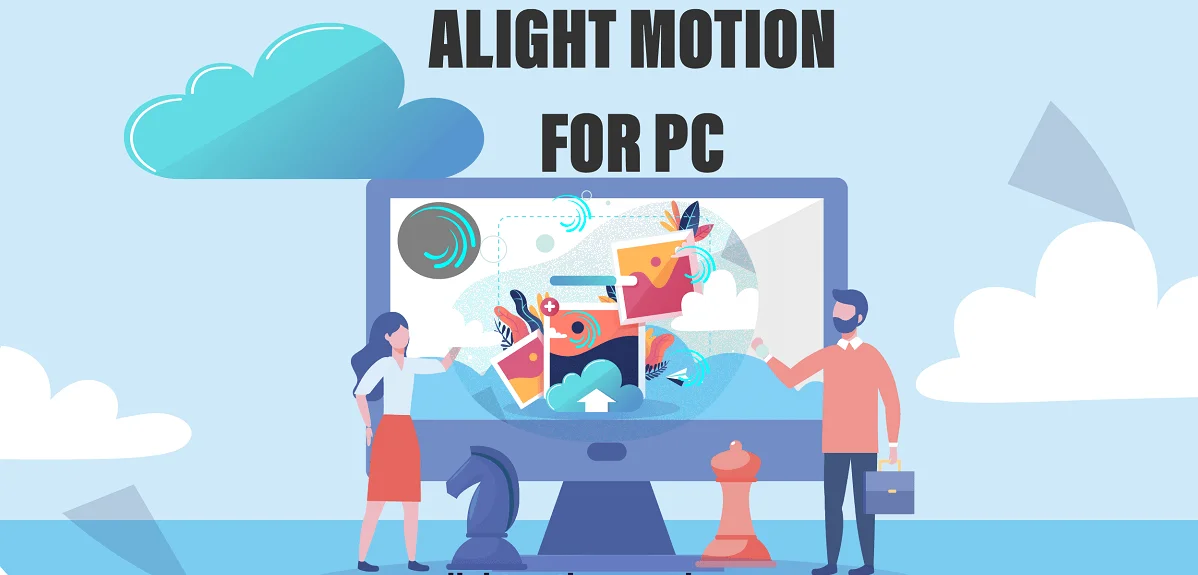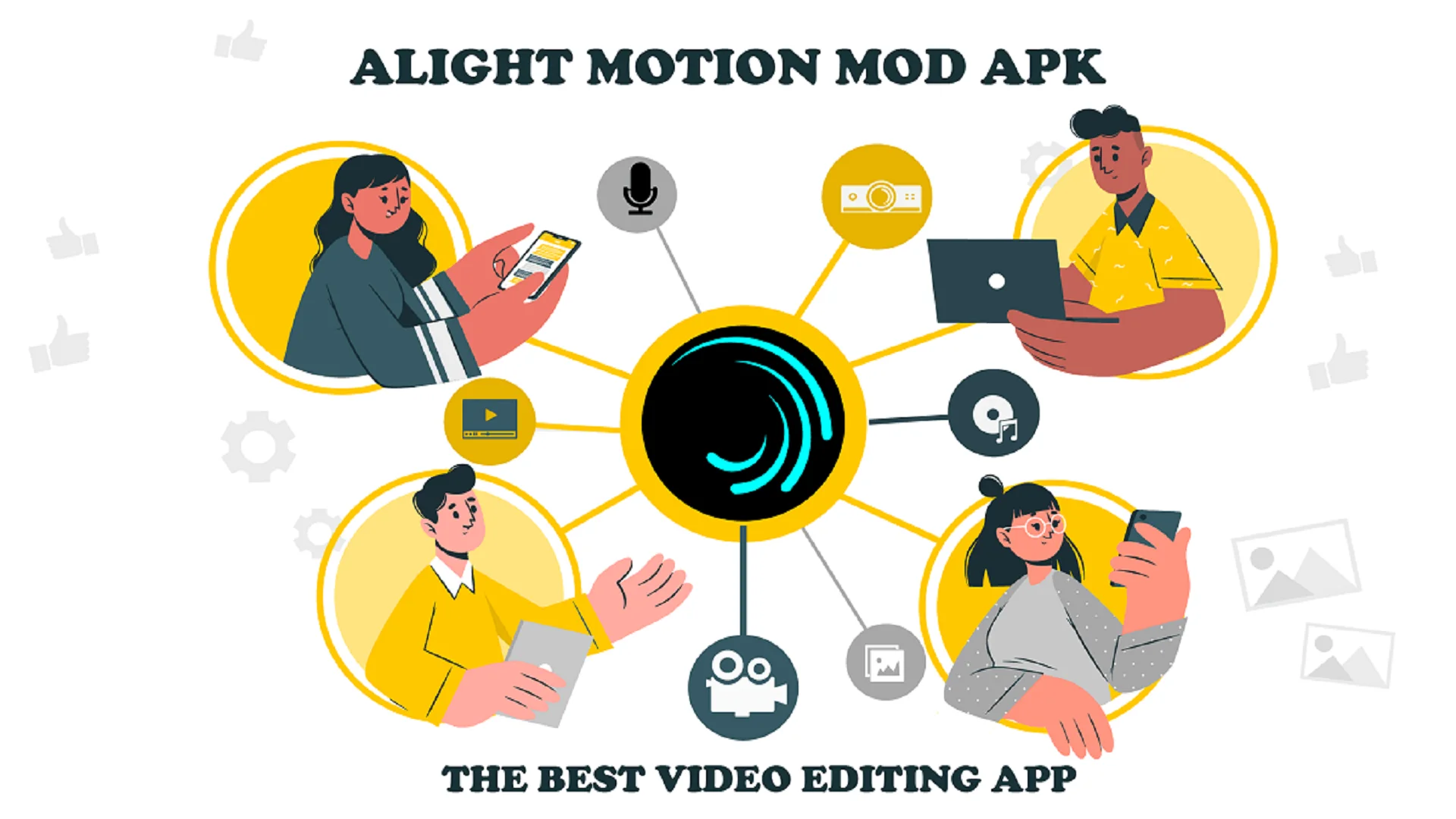Your cart is currently empty!

Google’s Parent Company Drops Pledge to Avoid AI in Weapons Development
In a significant policy shift, Alphabet Inc., the parent company of Google, has quietly abandoned its long-standing promise not to use artificial intelligence (AI) for weapons development. The decision, revealed in a recent update to the company’s AI principles, has sparked widespread debate about the ethical implications of AI in military applications. The Original Pledge…
In a significant policy shift, Alphabet Inc., the parent company of Google, has quietly abandoned its long-standing promise not to use artificial intelligence (AI) for weapons development. The decision, revealed in a recent update to the company’s AI principles, has sparked widespread debate about the ethical implications of AI in military applications.
Table of Contents
The Original Pledge
In 2018, Google faced intense backlash from employees and the public after it was revealed that the company was collaborating with the U.S. Department of Defense on Project Maven, an initiative to use AI for analyzing drone footage. Following protests, Google announced it would not renew the contract and introduced a set of AI principles, including a commitment to avoid using AI for weapons or technologies that could cause harm.
The principles stated:
“We will not design or deploy AI in weapons or other technologies whose principal purpose or implementation is to cause or directly facilitate injury to people.”
The Policy Shift
In a recent update to its AI principles, Alphabet has removed the explicit prohibition on AI use in weapons. While the company still emphasizes its commitment to ethical AI, the revised principles now focus on “responsible use” and “compliance with international law.”
The updated language reads:
“We will continue to work with governments and the military in areas like cybersecurity, training, and search and rescue, among others, in support of national security and global stability.”
This change has raised concerns that Alphabet may be positioning itself to pursue lucrative defense contracts, particularly as global military spending on AI continues to rise.
Industry and Public Reaction
The decision has drawn criticism from AI ethics advocates, tech workers, and human rights organizations.
- Tech Workers Coalition: “This move undermines the trust of employees and the public. AI in weapons development poses significant risks to global security and human rights.”
- AI Ethics Experts: “The lack of a clear prohibition opens the door for misuse of AI in ways that could lead to unintended consequences, including loss of civilian lives.”
Google employees, who have historically been vocal about ethical concerns, are reportedly organizing internal discussions to address the policy change.
Alphabet’s Defense Partnerships
Alphabet has already begun expanding its work with defense and intelligence agencies. For example:
- Google Cloud has secured contracts with the U.S. Department of Defense and other government agencies.
- DeepMind, Alphabet’s AI research division, has collaborated on projects with potential military applications, such as advanced simulation and training systems.
While Alphabet insists that its work will remain ethical and compliant with international laws, critics argue that the lack of transparency makes it difficult to hold the company accountable.
The Broader Implications
The policy shift reflects a growing trend in the tech industry, where companies are increasingly engaging with defense and military sectors. Competitors like Microsoft and Amazon have also faced scrutiny for their involvement in military projects, such as the JEDI contract (Joint Enterprise Defense Infrastructure).
As AI becomes more integrated into military operations, the ethical debate is likely to intensify. Key concerns include:
- Autonomous Weapons: The potential for AI to be used in lethal autonomous weapons systems (LAWS).
- Bias and Accountability: The risk of biased algorithms leading to unintended harm.
- Global Arms Race: The possibility of an AI arms race between nations.
FAQ
What was Google’s original stance on AI and weapons?
In 2018, Google pledged not to use AI in weapons or technologies designed to cause harm, following backlash over its involvement in Project Maven.
What has changed in Alphabet’s AI principles?
Alphabet has removed the explicit prohibition on AI use in weapons, focusing instead on “responsible use” and compliance with international law.
Why is this policy shift controversial?
Critics argue that it opens the door for unethical use of AI in military applications, including autonomous weapons, and undermines trust in the company.
What are the potential risks of AI in weapons development?
Risks include the creation of lethal autonomous weapons, biased algorithms leading to civilian harm, and an escalation in global military tensions.
How are employees and the public reacting?
The decision has sparked protests from employees, AI ethics advocates, and human rights organizations, who are calling for greater transparency and accountability.
Interesting Read: AI Regulation Around the World: A Comprehensive Global Overview (2025) – Tech To Know


